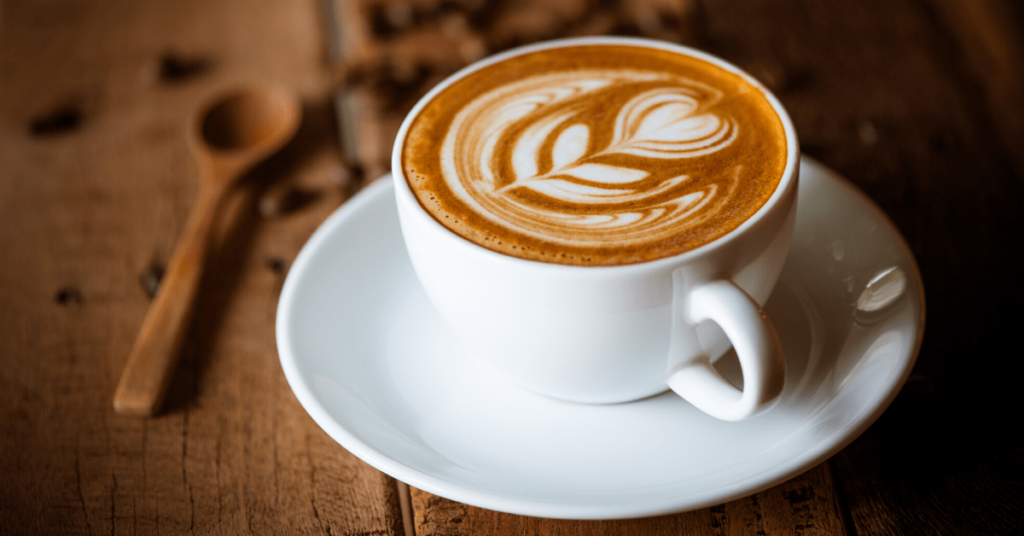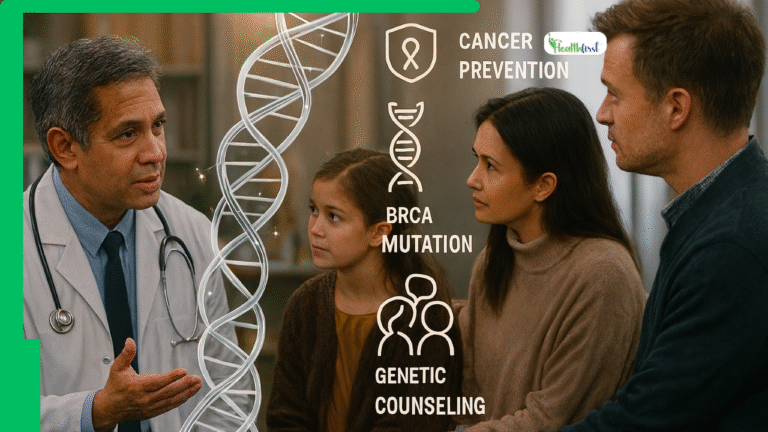It’s a terrific idea to drink coffee to lower blood pressure, especially if it’s low. It improves your mood and helps to raise blood pressure. Coffee has several health benefits, one of which is that it raises blood pressure right away. Coffee is a popular option for lowering blood pressure because of this. Caffeine, which is found in coffee, temporarily raises blood pressure and heart rate. On the other hand, consuming numerous cups of coffee each day may potentially increase your risk of hypertension. It’s also crucial to remember that not everyone responds to coffee—or tea, for that matter—in the same way. Thus, not every coffee drinker will necessarily be benefited from this.
This implies that not everyone who drinks coffee will experience the same benefits from the beverage in terms of blood pressure. As a result, knowing how much coffee to drink, how to drink it, and when to evaluate outcomes are crucial for blood pressure.
What does low blood pressure mean?
The force with which blood flows through our arteries is known as blood pressure. Systolic and diastolic values are typically used to measure it. Your ventricles contract to their greatest blood pressure, or diastolic blood pressure, which is the lowest blood pressure just prior to the contraction. Less than 120/80 mm Hg is often recorded as normal blood pressure. When your blood pressure is less than 90/60 mmHg, you have low blood pressure.
Does coffee lower blood pressure?
Coffee is thought to help raise blood pressure. Thus, coffee might provide you with immediate relief if you frequently experience low blood pressure readings. The effect on blood pressure may differ from person to person and, more frequently, between habitual drinkers and non-consistent users. Two to three cups of coffee can raise blood pressure by 3-14 mmHg in the systolic range and 4–13 mmHg in the diastolic range, according to a Nutrients study. Additionally, it was mentioned that coffee drinking assisted in endothelial vasodilatory function, or the opening of blood vessels to facilitate easy blood flow.
How Drinking Coffee Benefits BP?
- Temporarily raises blood pressure
Coffee has the potential to momentarily raise blood pressure. According to a study that was published in Expert Review of Cardiovascular Therapy, drinking 1.5–2 cups of coffee with 200–300 mg of caffeine will raise your blood pressure’s diastolic and systolic readings by 6 and 8 mm Hg, respectively. Three hours after ingestion, this effect persisted.
- Lowers the risk of hypertension
High blood pressure is the root cause of the medical disorder known as hypertension. Its lack of symptoms has earned it the nickname “silent killer.” A study examining the link between coffee drinking and the risk of hypertension was published in Vascular Health and Risk Management. Women who drank more than six cups of coffee a day were found to have 33 % reduced risk of hypertension as compared with light coffee drinkers.
- Has bioactive ingredients and antioxidants
These bioactive substances and antioxidants support both general health maintenance and blood pressure reduction. One of the compounds that lowers blood pressure is chlorogenic acid. This acid is converted into metabolites by the gut bacteria during processing. Consequently, this aids in lowering blood pressure.
- Promotes better heart health
Enhancing insulin sensitivity through coffee may help control blood sugar levels and thereby lower blood pressure. Coffee may help improve cardiovascular health by acting as an anti-inflammatory. Regular coffee drinkers had a lower risk of cardiovascular disease, according to a study published in the European Journal of Preventive Cardiology. Two to three cups of coffee per day was recommended.
- No enduring negative consequences
Caffeine’s inhibiting impact on certain hormones causes a modest rise in blood pressure after ingestion. These hormones assist expand arteries and lower blood pressure. This increase only lasts a brief while. It is unrelated to the occurrence of high blood pressure and has no long-term consequences on blood pressure. This implies that you don’t necessarily need to give up coffee entirely if you have high blood pressure.
It’s crucial to remember that not everyone who drinks coffee experiences these impacts. Some people might feel uneasy, but others might not. Some people may claim that a specific effect was had on their blood pressure, while others may not.
How much coffee is appropriate for blood pressure?
Adults can safely drink up to 400 mg of caffeine per day on average. This equates to three to four cups of coffee daily.There is no denying that caffeine affects the cardiovascular system, but additional research is needed to fully understand its effects. In that scenario, your best bet will be to abide by these suggested dosages and abstain from coffee if it bothers you.
How long does it take for coffee to raise blood pressure?
Coffee may take up to thirty minutes to exhibit effects on blood pressure. Within an hour or two, it will peak.
Blood pressure control cannot be achieved with a single cup. While there is evidence that coffee impacts blood pressure, the exact effects are yet unknown and require further investigation. Consequently, it is recommended to consume any caffeine-containing beverage in moderation and in line with your own tastes in conjunction with a nutritious, well-balanced diet that can help lower blood pressure. It’s also crucial to speak with your doctor if you consistently record high or low blood pressure. Although coffee is a useful at-home treatment for high blood pressure, more frequent cases would need prescription medicine.









